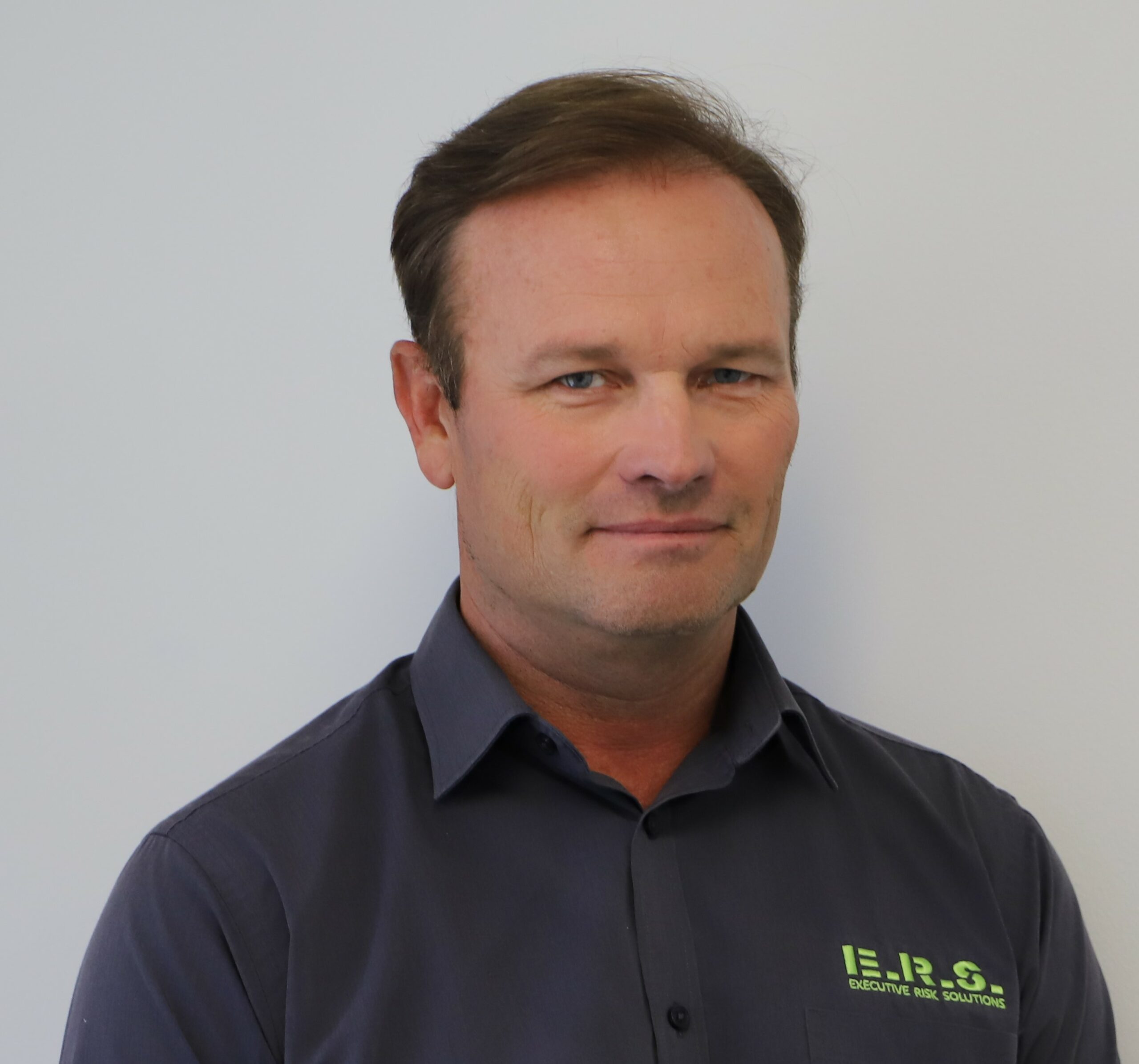Wayne Weeks reached the highest enlisted rank within the Army and was second in command of the Special Air Service Regiment. He served within the SAS for over 25 years, during which he saw some of the most challenging tasks in the Australian SAS history.
Wayne transitioned out of the military after 33 years of service, and now holds the title of Chief Operations Officer at Executive Risk Solutions, a world leader in security, emergency response, and crisis and emergency management.
We spoke to Wayne about his time in the military and transitioning into a civilian role.
Wayne’s story
I joined the military on the 6th April 1988, after completing year 12. I was one of very few in the platoon at the time that had a year 12 education. I started out in the Corps of Signals for the first couple of years. During my time at Signal, I heard about the SAS and what you had to do to get there, as well as the roles and tasks they performed and, I thought it would be a good challenge.
I applied to move to Perth from Brisbane, where I was based at the time and passed the selection in 1992, after which I completed a series of specialist courses that were required to become a qualified operator.
I spent seven years at SASR initially, and that’s when operationally, things kicked off. My position took me to Kuwait, Timor, Iraq and Afghanistan over the next 15 years. I was also fortunate enough to spend a couple of years in the UK (Special Boat Service) before coming back into a training role at SASR. I moved to Adelaide, and then back to Perth for my final two years before taking long service leave for a year.
During that time, and after nearly 33 years, I decided to transition out of the military.
That’s when I ran into Scott Houston, ERS EC, at a function. He spoke to me about joining ERS, a company I would feel had the same values, and so I did, eventually moving into a full-time role.
I struggled with the transition at the start. I wasn’t sure of what courses I should do. I did business writing courses, project management and a few other bits and pieces. They seemed to help but there wasn’t a lot information out there.
What lead you to your decision to transition out of defence?
Being in the Special Forces world, I didn’t have to move a lot compared to some people in the military. I decided to transition due to personal reasons and I didn’t want to move again after being away so much. That was the biggest part in my decision-making process.
Did you know what you wanted to do?
I had a thought in my head – I loved training so much. My background degree and a lot of my coaching skills (I’ve done cognitive coaching course) were aligned with that space, so I wanted to go into the practical training application side of what I did. There wasn’t a lot out there, and what was out there was hit and miss in terms of full-time employment and renumeration.
I didn’t think I’d end up here, but it’s been a great opportunity. Scott’s allowed me to bring the training element to ERS.
What were your key challenges during that period?
The most challenging aspect was understanding the process and what’s available to you. While its all on paper, you’ve never done it before, so it can become time-consuming. For me, I had to go out and find all that stuff out myself.
Some of the actual business processes are not explained well. While in some cases you do have a coach, they aren’t always available, and you might need the information more expediently.
What was the experience like for your family during your transition?
They had access to counselling and generic information was available, that was more for me rather than family. Overall it was a smooth transition for me because it took place over my long service leave, which allowed us time to adjust.
What kind of a role will VETS play in assisting ex-defence personnel transition?
We know we need to look after families and put more of an emphasis there. We know that some people aren’t going to feel comfortable talking or finding out what they can do and what’s on offer.
With the groups we’ve combined as part of VETS, and the work that we’ve done, there’s a good opportunity to make that transition more positive and take away the doubt that surrounds it.
Why should organisations hire ex-defence personnel?
To me I think there’s still a misconception out there.
The Army has four core values, courage, initiative, teamwork, respect. If you stay there long enough, you develop those values and you live by these. When you get out of defence, people hold onto a lot of that.
Businesses can rely on that person to be timely, diligent about what they do, and believe in, and care for, what you do. Being neat and tidy. Being professional. A lot of defence people come with that. They might not necessarily have the technical skills, but they’ve been selected for the military because they have potential, so you should be able to trust you can train them. If they complete a course, you can trust they’ll do really well and be good at coming back to apply their knowledge.
How will VETS play a role in connecting ex-defence personnel with businesses?
Over the years, many people I’ve spoken to aren’t aware of organisations that can help with their transition. The one thing VETS can do is take away that fear and that doubt. We want to show that there’s another world out there, and there’s great opportunity instead of ‘how do I survive?’
VETS brings together the workforce scale of Programmed, the professional recruitment expertise of PERSOLKELLY and the deep Defence knowledge and experience of ERS to offer ex-Defence personnel and their families a long-term meaningful career beyond Service.






